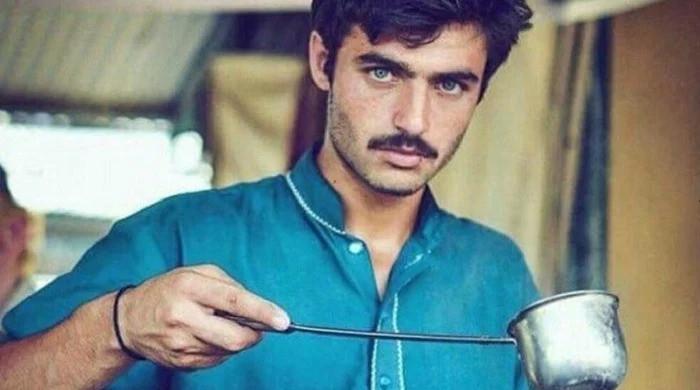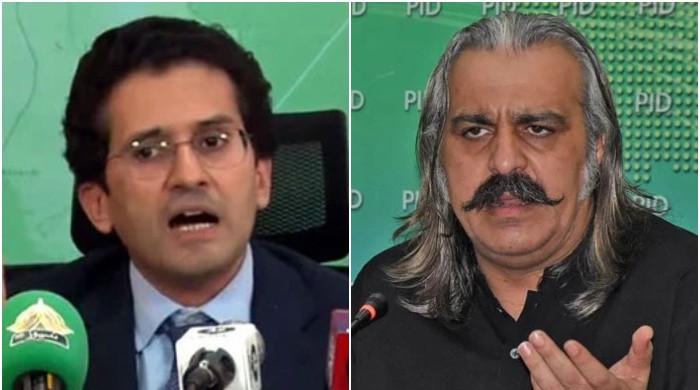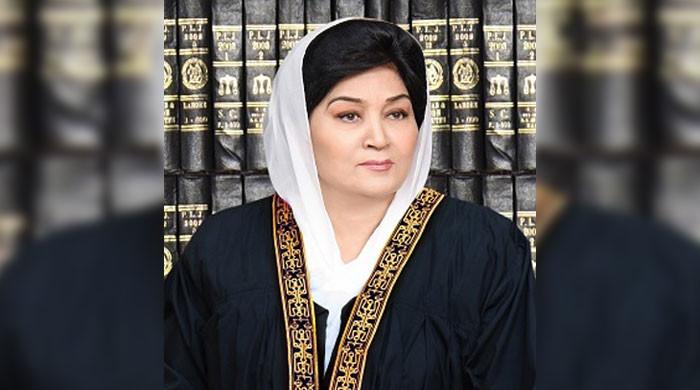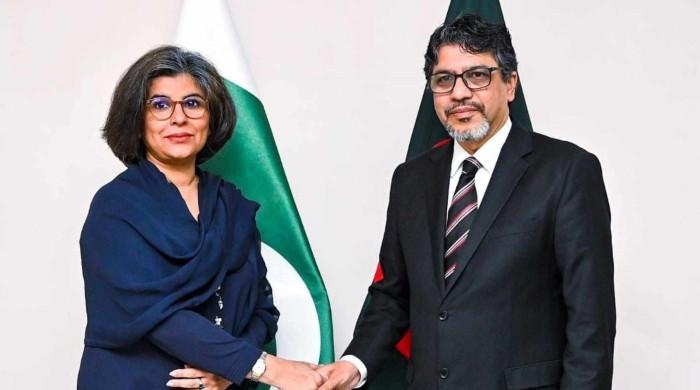Child marriage is illegal in Sindh, but not in other provinces
How have Pakistan’s provincial and national assemblies fared in their fight against child, early and forced marriages?
March 25, 2019
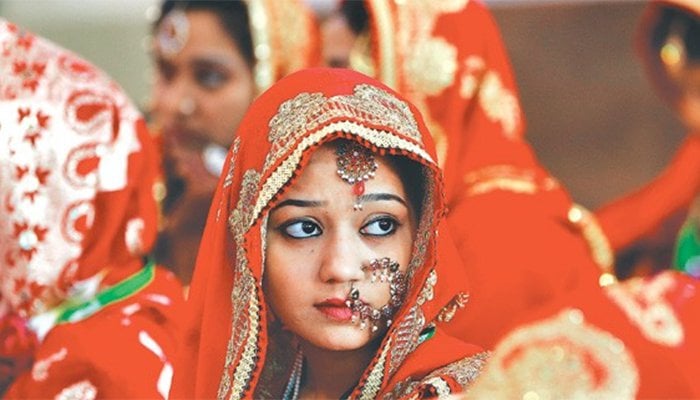
Last week, two Hindu sisters, Raveena, 12, and Reena, 15, were allegedly kidnapped from their hometown in Ghotki, Sindh. A few days later, two videos went viral on social media. The first one showed a cleric solemnising the girls’ nikah to Muslim boys. In the second video, their elderly father could be seen protesting outside a police station in Sindh, begging to have his daughters returned to him.
Both videos set off a firestorm of outrage amongst the public.
To date, Prime Minister Imran Khan has taken notice of the girls’ abduction and alleged forced conversion. While, one man has been arrested for facilitating the underage marriages.
On Sunday, in a new video posted, the girls claimed that they had willingly converted and were not under any pressure.
While, it is unclear if the conversion was forced or not, one undisputed fact is that both girls were minors. Technically, it is illegal in Pakistan to marry before the age of 16. Yet, child marriages are prevalent in the country.
According to the UNICEF, marriage before the age of 18 is a “fundamental violation of human rights.” Sindh is the only province in Pakistan, which has updated a law passed in 1929 and banned marriages before the age of 18.
Sindh
In 2014, the Sindh assembly unanimously adopted the Sindh Child Marriage Restraint Act, which raised the legal minimum age of marriage for boys and girls to 18 years. It further made the act a punishable offence. A man, above 18 years, who contracts a child marriage, could now be imprisoned for three years. Men who solemnised an under-age marriage can also be locked up for two to three years. Even the parents or guardians, who authorised the marriage, can be prosecuted for failing to prevent it.
Punjab
In 2015, Punjab amended the Child Marriage Restraint Ordinance 1971, and passed the Punjab Marriage Restraint Act 2015. It increased the imprisonment and fines, but kept the legal age of marriage at 16 years.
Khyber Pakhtunkhwa
In 2016, the Khyber Pakhtunkhwa assembly failed to pass Khyber Pakhtunkhwa Child Marriage Restraint Bill 2014, which would have raised the age of marriage to 18 years.
Balochistan also continues to be governed by the the Child Marriage Restraint Act 1929.
On the national level
In 2017, Senator Sehar Kamran moved a bill in the national assembly to increase the minimum age for girls to marry from 16 years to 18 years. However, a standing committee, headed by Pakistan Peoples Party’s Rehman Malik, struck down the bill and said it was contrary to Islamic injunctions. The bill was then referred to the Council of Islamic Ideology, where it is still pending.
Last year, the chairman of the CII announced that a nikah can be preformed at any age but the rukhsati can only take place after the age of 18.
Pakistan’s international obligations
Pakistan ratified the Convention on the Rights of the Child in 1990, according to which the minimum age of marriage is 18 years.






